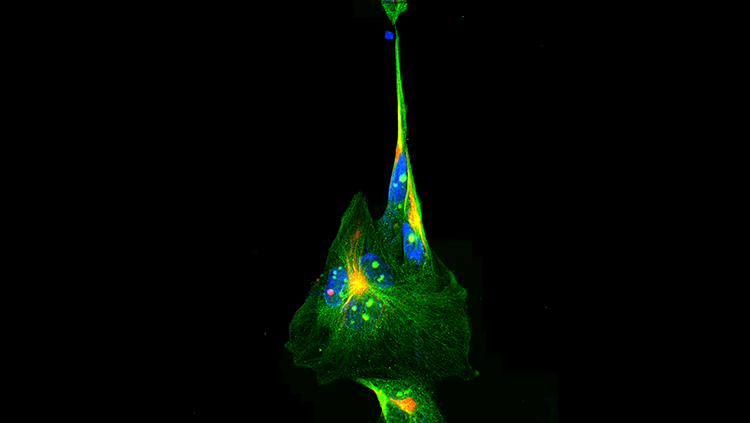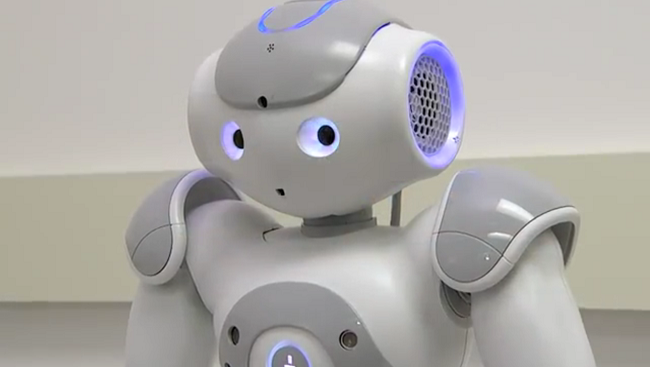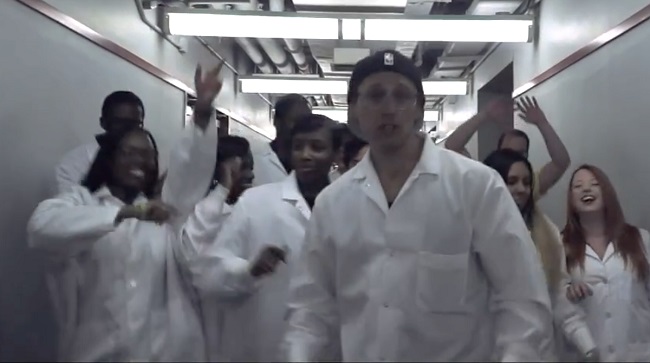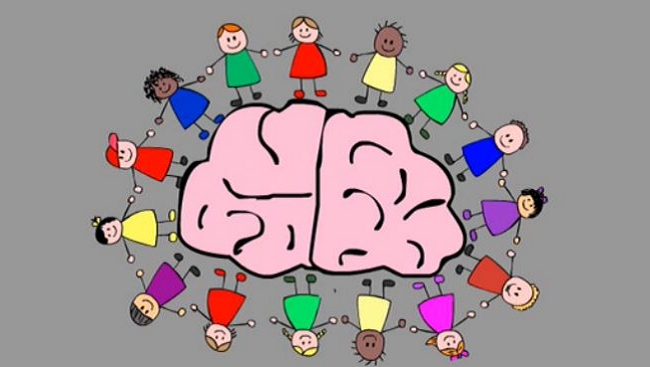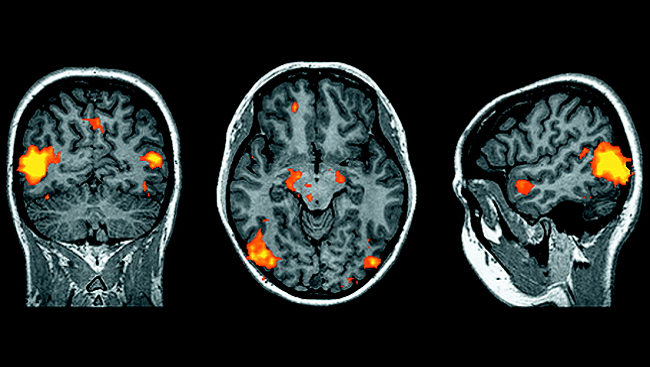Animal Research Success: The Neural Circuitry of Memory
- Published9 Mar 2012
- Reviewed9 Mar 2012
- Author Emily K. Dilger, PhD
- Source BrainFacts/SfN
In 1953, Henry Gustav Molaison, or HM, underwent brain surgery in an attempt to alleviate his seizures. The intervention was successful in its primary goal, but it soon became apparent that the surgery had left HM with severe anterograde amnesia; he could not commit new events to long-term memory. Detailed observations of HM, along with studies of animals, has led to an understanding of memory that now provides the basis for the analysis and treatment of all types of memory defects.

The brain tissue removed during HM’s surgery was restricted to the hippocampus and surrounding areas. Following the surgery, HM could not retain new information for more than several seconds, and he forgot events that had taken place several years before the surgery. From this finding, scientists deduced that the hippocampus was required for these memories. Despite these deficits, however, HM could learn and remember new motor skills. For example, tracing a shape while looking only at its reflection in a mirror is a challenging task that gets easier with practice. Although HM had to be reintroduced to this task every time he was asked to perform it, he consistently improved. These observations indicate that the acquisition of new motor skills occurs separately from the conscious memory of the training experience and is accomplished by brain areas other than the hippocampus.
Since then, detailed analyses using both rodents and monkeys have helped researchers better understand the brain areas, connections, and chemicals underlying the memories of everyday facts and events, leading to a deeper understanding of why memory is lost in brain disorders. Scientists have conducted experiments with animals to probe the mechanisms responsible for the loss of memory during aging and Alzheimer’s disease, guiding the development of therapeutics. These experiments on memory loss are regarded as an essential step in the development of drugs to restore memory.
CONTENT PROVIDED BY
BrainFacts/SfN
Also In Archives
Trending
Popular articles on BrainFacts.org



